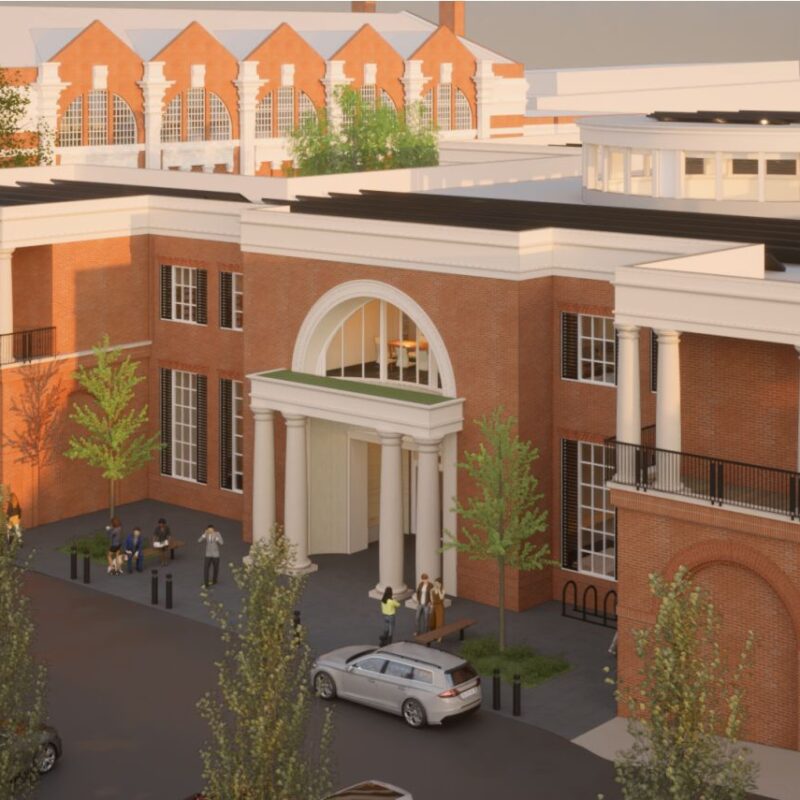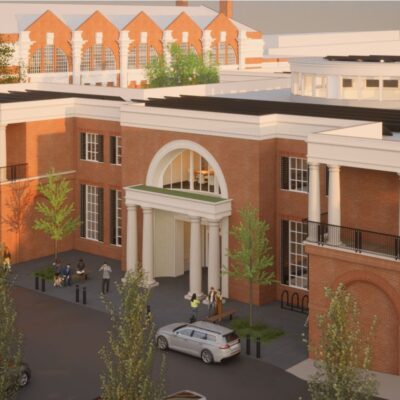Dear Ace: Why is Rio Road pronounced “rye-o”? Friends from out of town always look at me funny when I pronounce the thing correctly.—Tom Townie
Tom: You see, back in Jefferson’s time, there was a farmer who had some bread. Ace thinks you can guess what its name-o was. Wow, that was terrible. But yes, Rio Road is one of those litmus tests to see if someone’s a townie or not, because who but a Charlottesvillian would see that word and think it’s pronounced “rye-o”? Well, no one. But why is that the case?
One thing’s for sure: It doesn’t come from a contraction and subsequent misreading of “Route 10” into “R10” and then “Rio,” as a tempting but utterly made-up bit of local lore holds. Besides, even if it were true, that’s the sort of “hey, wait a minute” explanation that, five minutes later, you realize never actually answered the question. Why, that is, should Rio as derived from “R10” be pronounced any differently than the word normally is? Ace decided to dig a little deeper.

You know you’re a local, when you see this sign and pronounce it in a way that defies phonetic reason.
|
According to local historian Rick Britton, the road is so-named because it once led to Rio Mills, a village on the Rivanna River that was burned by Custer’s soldiers during the Civil War but then rebuilt, before the eponymous mill closed down in the 1910s and the village ceased to exist. In the estimatios of Britton and Albemarle Charlottesville Historical Society librarian Margaret O’Bryant, the “Rio” in “Rio Mills” almost certainly comes from the Spanish word for “river,” given the mill’s position on the Rivanna River.
Still, there’s that pronunciation thing again. If it’s Spanish, why the long ‘i’? Again, nobody’s 100 percent certain, but O’Bryant and Britton came to the same conclusion—namely, that Virginians are kinda dumb. Not exactly, but…here, Ace’ll let O’Bryant explain: “It’s just that ‘rye-o’ was more of a euphonious pronunciation for the local tongue. ‘Ree-o’ is more precise in a deep way than is normal for the Southern tongue. The Southern accent tends to not go that deep into the vowel sound.” Just like the similarly Spanish-derived “Buena Vista” becoming “Byoona Vista,” or, as Britton offers, the Italian surname Taliaferro being mangled by the Virginia tongue to the point where it sounds something like “Talliver.” Hey, all this talk about mispronunciation is making Ace want to reclaim some nonexistent heritage. Just call him ¡Acé!





